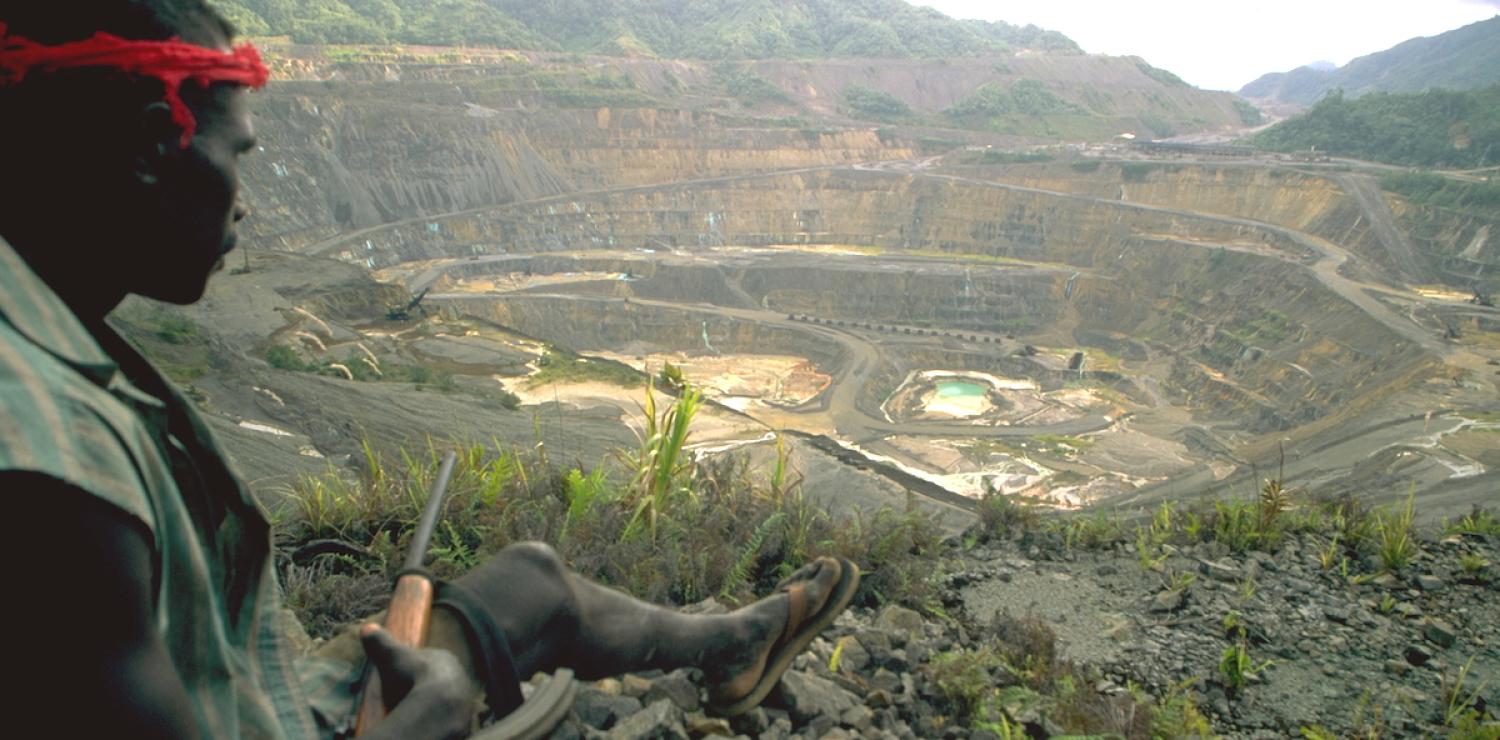There is disquiet among many for how post-conflict Bougainville society will evolve over the next generation if impunity reigns for the wartime horrors.
Over the next few months, the spotlight in our immediate region will turn to Bougainville and its referendum on independence from Papua New Guinea, due to be held in June next year.
Yet behind the scenes, the long-term project of peace-building and post-war reconstruction in the country’s autonomous region continues to demand the resources of government ministries, non-government organisations, and communities.
Infrastructure and services are slowly improving, but there is an unspoken presence of pain and grievance in many homes and villages associated with atrocities committed during the civil conflict, known as the “Crisis”, from 1989-1998, for which there has been no truth telling process or transitional justice.
It’s a sensitive subject, but many people across the islands with whom I’ve spoken during the past two years foresee consequences, not necessarily during the referendum, but in the years to come. Helen Hakena of the local Leitana Nehan Women’s Development Agency told me. The consequences live on, she said:
It is really an injustice when you, the perpetrator, are moving on with your life as though nothing has happened, but I [the victim] cannot. The elderly people are passing on their negative experiences to their sons, who will continue to hate the perpetrator’s family. There will be repercussions years later.
Bringing justice to victims is an immense challenge given that there has been no investigation into the scale and details of atrocities.
The Bougainville civil war raged for a decade after indigenous landowners, incensed by environmental devastation and inequities associated with the Rio Tinto majority-owned Panguna copper mine, waged an armed campaign to shut the mine down.
Up to 20,000 people, or 10% of the population at the time, lost their lives. Accounts of the conflict include reports of massacres, extra-judicial killings, torture, mass rapes, and disappearances. A recent mental health study identifies the long term impacts of these attrocities on Bougainville society, such as high rates of untreated trauma, domestic violence and substance abuse, and damage to cultural values, relationships, and wellbeing in the post-war generation.
International law reinforces the rights of those who have experienced atrocities to know the fate of their kin and see justice done, while experts claim the wisdom of resolving severe injustices of the past in order to prevent ongoing grievances from igniting future conflict.
Investigating human rights abuses soon after peace was secured in Bougainville in 2001 would have had questionable success, given that several armed groups refused to join the peace process and many perpetrators still possessed weapons. Seven years later, the Bougainville Government’s proposal for a truth commission was still perceived as too risky and abandoned “for fear of possible consequences from ex-combatants with exposure of crimes.”
But now people also speak of the consequences of impunity, such as rising forms of “local justice”. Examples include payback and sorcery-related killings carried out by vigilante groups seeking retribution for violations during the crisis.
The Office of the United Nations High Commissioner for Human Rights has reported that:
The population is being civil to each other, but it is a waiting game... until the undercurrents of intense dislike explode due to lack of any transitional justice mechanism to face the truth and deal with it.
The Bougainville Government, acknowledging this deficit, introduced a policy on missing persons in 2014 to help families locate and retrieve the remains of loved ones. But four years on, progress is very slow; the painstaking preparation work, not to mention expensive tasks of exhumations and identification will take many years.
Alex Amon, a youth leader on Buka Island, claimed that despite millions of kina being spent on reconciliation ceremonies, “there is still something hidden in the darkness.” He suggested a truth commission “so people can talk about what is inside them.”
Many others at the grassroots strongly favour customary processes of truth telling that have been used for generations. As Rosemary Moses of the Bougainville Women’s Federation in Central Bougainville explained:
We have ceremonies where everybody comes together, the perpetrators and the victims and all others who are affected and they will trash and throw out everything. To me that is very much like a truth commission, where, in the end, they say, this is what we did.
But she also said this approach has not been rolled out consistently across the region.
There are potential risks involved with reopening wounds in affected communities. And hurdles in motivating victims to speak of their experiences include cultural constraints about topics considered too sensitive to openly discuss, such as sexual violations, which could also invite social stigma and community rejection, and low levels of literacy and legal awareness at the village level.
Understandably, the upcoming referendum is the focus of attention and, with people’s emotions and expectations running high, the more social unity the better. But there is some disquiet among many for how post-conflict Bougainville society will evolve over the next generation if impunity reigns for the wartime horrors which still plague people’s memories.

